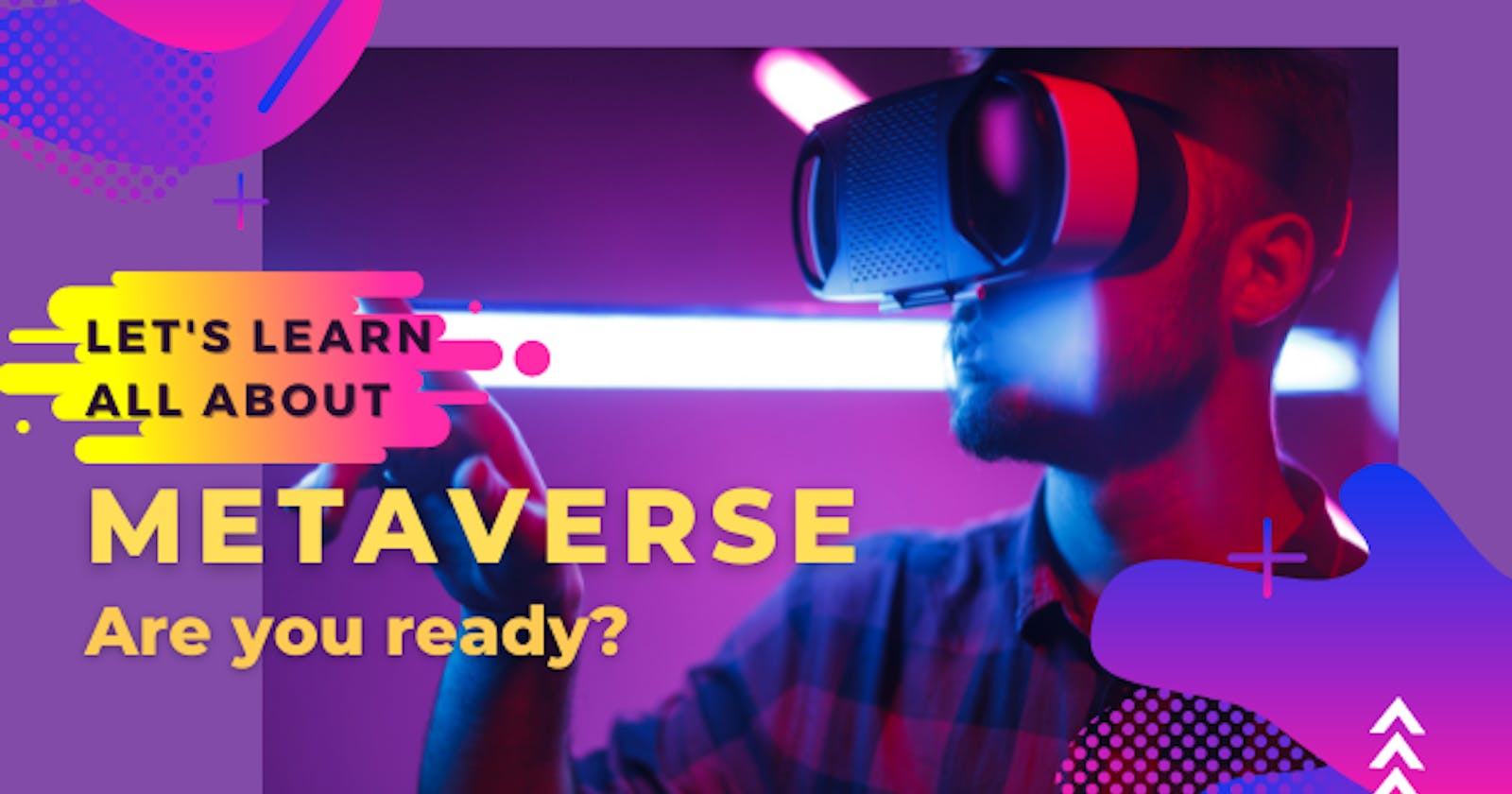A few months ago, my friend told me about an online virtual world that she had been playing for the past few weeks. She said it was a lot of fun and that I should check it out. Intrigued, I immediately signed up for an account and started exploring. The more I played, the more fascinated I became. As someone who loves video games and has always been interested in virtual worlds, Metaverse was like a dream come true.

Introduction
Metaverse is a term that is formed by combining the two different words including Meta and Universe. It is basically a digital space in which digital objects and things represent the digital people. The metaverse is a digital world that sits on top of the physical one, inhabited by avatars representing real people. It's been called the "final frontier" of the internet, and it's still in its early days. Here's an insiders' guide to everything you need to know about the metaverse.
What is the metaverse?
The metaverse is a digital world that sits on top of the physical one. It's an online space where people can interact using 3D avatars. It is a digital world that allows users to create and trade virtual assets. It is a decentralized platform that enables users to interact with each other in a secure, trustless environment. Metaverse is the first blockchain project to create a digital identity system, which will allow users to register their identities on the blockchain.
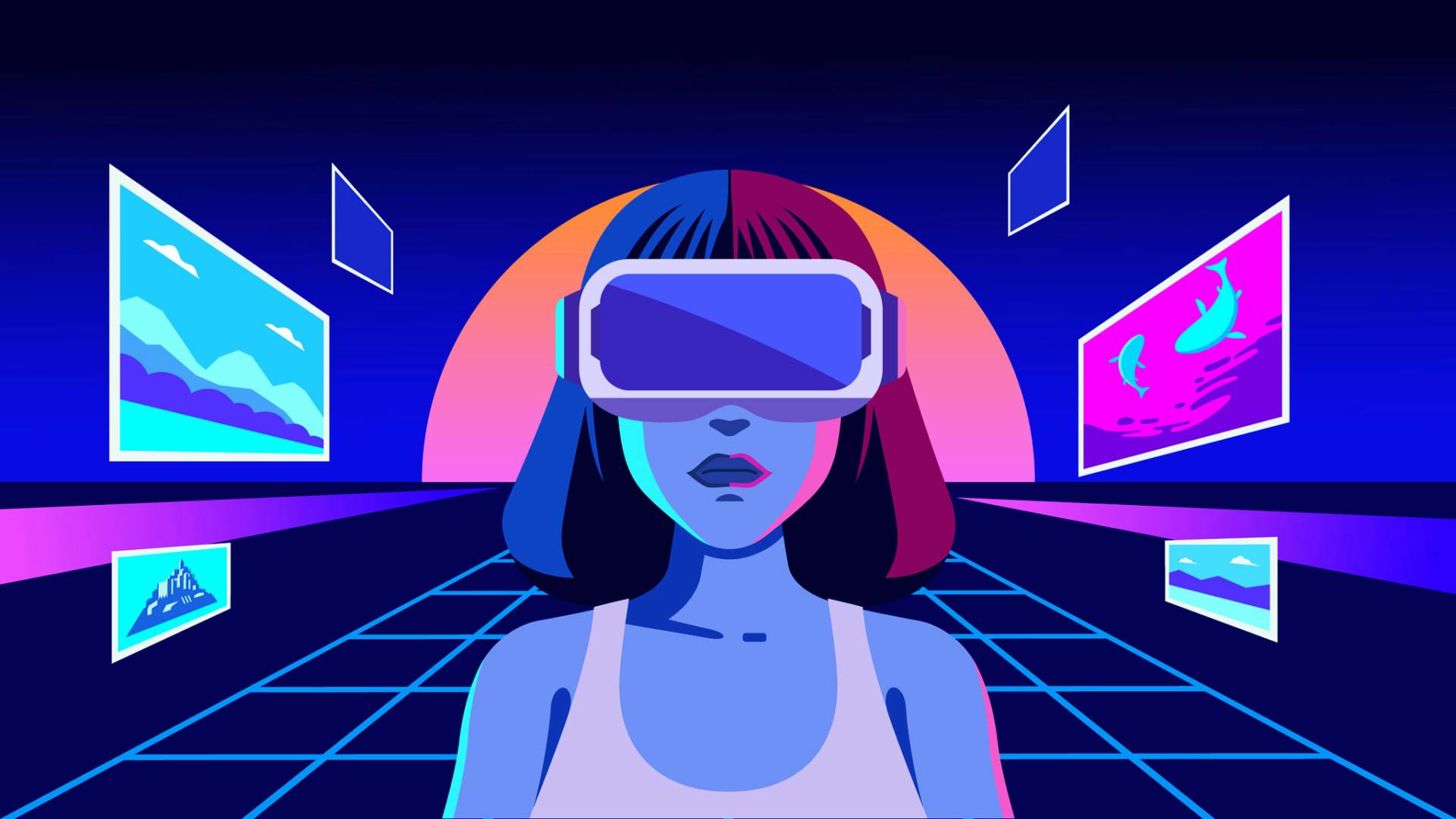
What we will be able to do in the Metaverse?
A shared social environment where participants are represented by avatars. Your username (or Instagram handle) or thumbnail photo represents you on websites and social media networks. You're represented in the metaverse by a personalized avatar who may move, talk, and/or execute animated activities.
A communal area where the avatars can reside in human-like conditions. Every user will be part of a single virtual world, where things and property will be shared throughout all online sessions.
Purchasing and selling virtual property in the same way as you would actual property People will use non-fungible tokens as a decentralized means to acquire virtual products, independent of any governing authority or corporate server, just as they do with NFTs.
Creating a virtual property of your own While Metaverse may allow you to construct your own virtual property, enabling people to produce their own metaverse material may not be a good idea for both users and metaverse creators.
Virtual reality or augmented reality glasses for 3D telepresence Many people believe that this is the final step toward establishing a full metaverse state. Virtual and augmented reality will allow us to step away from our screens and into a world where we may interact with other 3D avatars in the same space. "It'll seem like you're actually in the room with each other, making eye contact and sharing a feeling of space, rather than just gazing at a grid of faces on a screen," says Meta CEO.
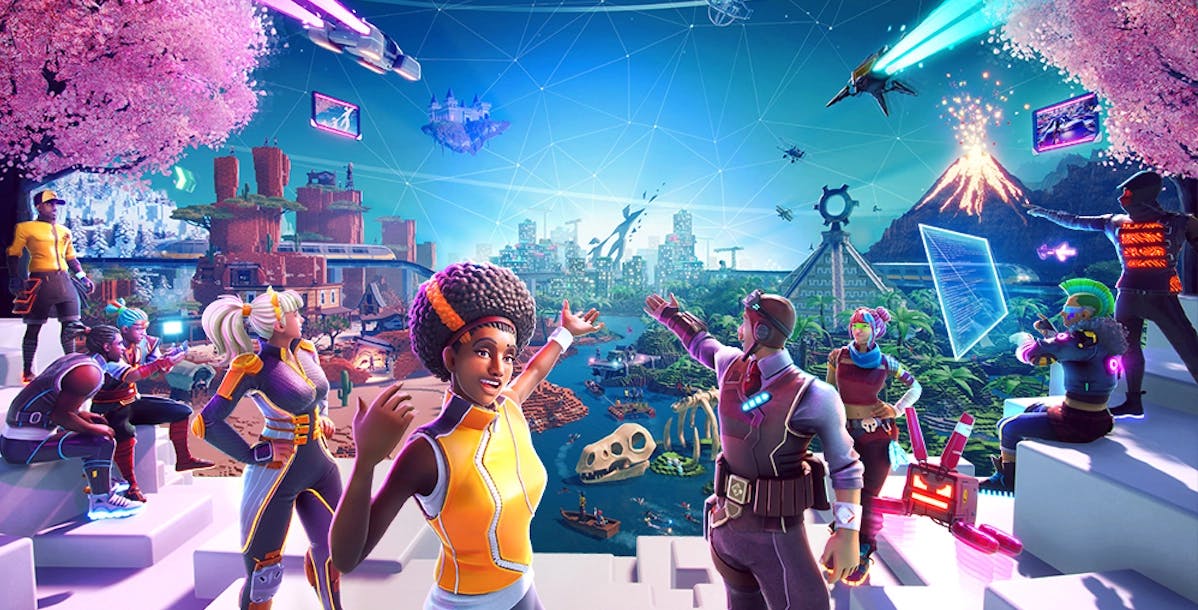
Is the METAVERSE just a Facebook Project?

No. Microsoft and chipmaker Nvidia are two more corporations that are promoting the metaverse. "We believe that many firms will construct virtual worlds and environments in the metaverse, just as there have been many companies doing things on the Web," said Richard Kerris, vice president of Nvidia's Omniverse platform. "It's critical to be open and expandable so that you can teleport to multiple worlds, whether they're created by one firm or another, in the same way, that I can jump from one web page to the next."
Companies that make video games are also taking the lead. Epic Games, the maker of the famous video game Fortnite, has received $1 billion from investors to help fund its long-term metaverse aspirations. Another major player is the game platform Roblox, which describes the metaverse as a place where "people can join together within millions of 3D experiences to study, work, play, create, and socialize."
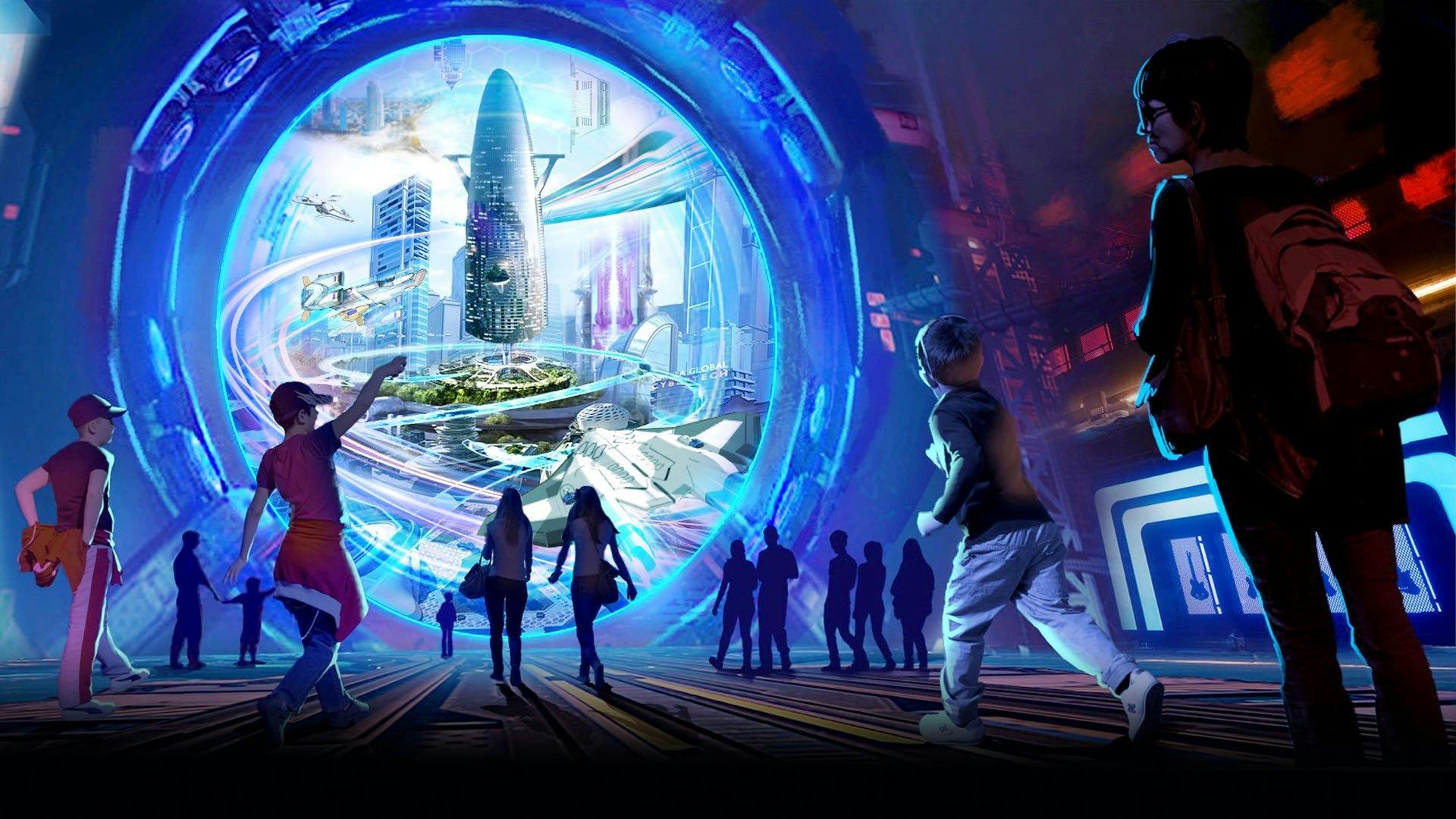
Consumer companies are also attempting to capitalize on the trend. Gucci, an Italian fashion business, teamed up with Roblox in June to sell a line of digital-only accessories. Coca-Cola and Clinique both sold digital tokens that were marketed as a way into the metaverse.
Conclusion
It is unclear to what extent a true metaverse, which fully replicates real life, is possible or how long it would take to develop.
Many platforms in the blockchain-based metaverse are still developing Augmented Reality (AR) and Virtual Reality (VR) technology that will allow users to fully interact in the space.
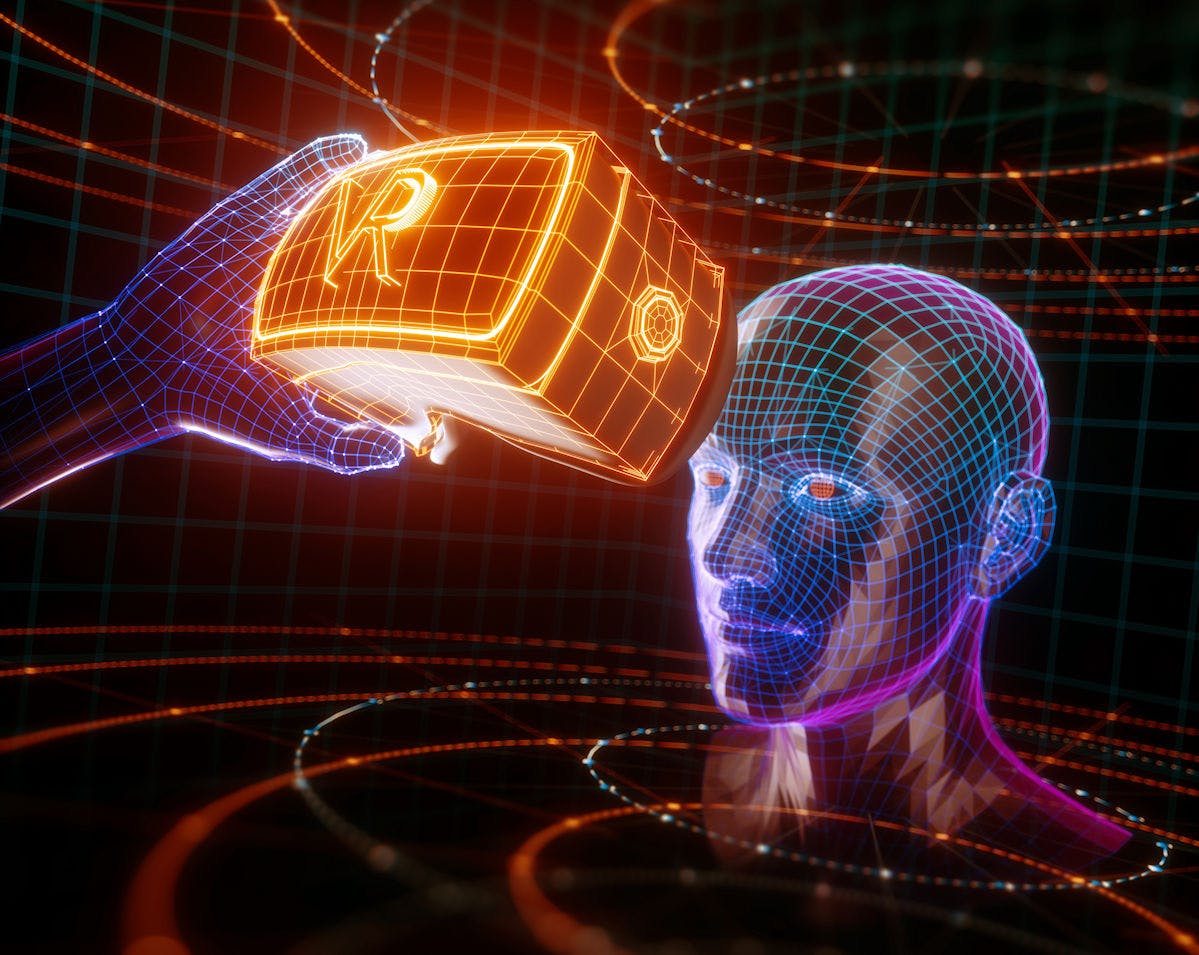
This concludes the first edition of the Metaverse blog series. I'll describe how to enter this meta-universe in the following blog. To learn more about metaverse, follow me and this Metaverse series, as well as subscribe to my newsletter.

